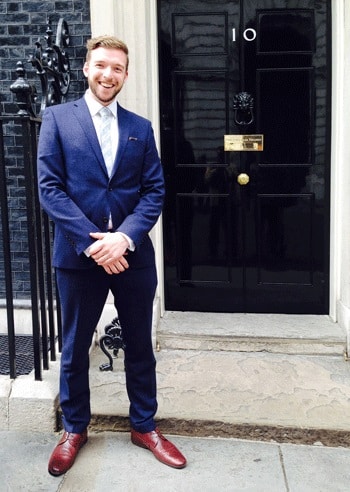PROBATE VALUATIONS IN DERBYSHIRE
The History of Derbyshire
The discovery of a hand axe in the Derbyshire county means that it’s possible that there was human life in the area around 200,000 years ago. Excavation of the Cresswell Craggs in Derbyshire has been able to trace the occupation of the county back to the prehistoric times, where there was evidence of the presence of nomadic tribes. Neolithic burial mounds have also been discovered in the area, which date to about 2000 to 2500 BCE.
In the Bronze Age, settlers in the Derbyshire area were involved in agriculture; hut circles have been discovered, along with arable fields. It’s thought that early settlers to the area may have set up home on the banks of the River Derwent, which was known to regularly flood and become unpassable.
During the 1st and 2nd centuries, the Romans occupied Derbyshire, like much of the area at the time. The Romans constructed a stronghold, which today is referred to as ‘Little Chester’, and made use of the lead ore in the area. After the Roman occupation of the county, Derbyshire was passed to Saxon rule, where it was integrated into the Mercia Kingdom.
As part of the Kingdom of Mercia, and close to a settlement in Markeaton, Derbyshire was well-developed. Eventually, parts of Derbyshire were given to William Peverel, along with Nottinghamshire; and would remain in his control until the disinheritance of his son, which saw the county return to Crown ownership. Other areas of the county were bestowed to Henry de Ferrers.
It wasn’t until the 18th century that rural Derbyshire became a much more industrialised area. Mining was a key output of the county, and the county itself was split into townships, which were separated by different industries. Today, Derbyshire consists of 30 towns and metropolitan areas, and Derbyshire is a ceremonial county.



